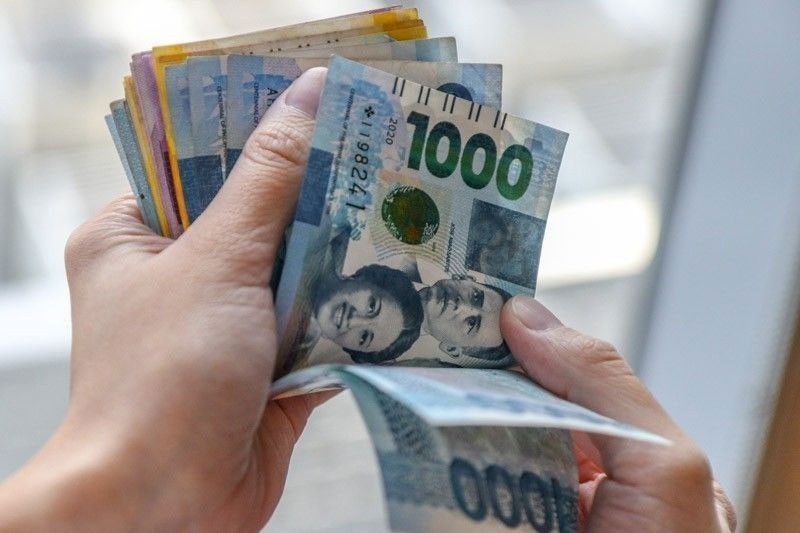Government denounces stricter scrutiny of money deals

MANILA, Philippines — The government is protesting against reports that Philippine-related financial transactions have been subjected to heightened scrutiny after the country was included anew in the Financial Action Task Force (FATF)’s so-called gray list of countries that fell short on efforts against money laundering.
The National Anti-Money Laundering/Combating the Financing of Terrorism Coordinating Committee (NACC) said the government has been receiving reports that Philippine-related transactions have been subjected to more scrutiny, or worse, de-risking.
Financial institutions resort to de-risking by terminating or restricting business relationships with clients or categories of clients to avoid, rather than manage, risk.
Since the country’s inclusion in the list of jurisdictions under increased monitoring by the FATF, the NACC said Philippine entities have been subjected to de-risking, changes in corresponding banking relationships and enhanced due diligence measures.
“Filipino businesses or nationals should not be considered as high risk based solely on the inclusion of the Philippines in the FATF’s list of jurisdictions under increased monitoring,” the NACC said.
In a statement on the proper application of the risk-based approach on Filipinos, the inter-agency body encouraged government agencies and covered persons to assist the Anti-Money Laundering Council (AMLC) by reporting de-risking and enhanced due diligence measures as mandated under the Anti-Money Laundering Act of 2001 (AMLA), as amended.
The NACC said supervisions should issue their own advisories or any issuance to provide guidance to covered persons.
“The FATF does not call for the application of enhanced due diligence measures to be applied to these jurisdictions but only encourages its members and all jurisdictions to account the information presented in the FATF website in their risk analysis,” the body said.
Under Recommendation 19 of the FATF on higher countries, the NACC clarified that the global dirty money watchdog could call on its members to advise their financial institutions to apply enhanced due diligence measures proportionate to the risks arising from the deficiencies associated with each jurisdiction.
Under the procedures of the FATF-International Cooperation Review Group (ICRG), countries should be able to apply appropriate countermeasures only when called upon to do so by the Paris-based watchdog.
The NACC said the reports are clear cases of overcompliance and disproportionate application of the FATF measures against gray-listed countries, their citizens and businesses.
These include requiring financial institutions to apply specific elements of enhanced due diligence, limiting business relationships or financial transactions with the identified country, and requiring financial institutions to review, amend or terminate correspondent relationships with financial institutions.
“This is not in line and consistent with FATF’s expectations on the application of risk-based approach, which is central to the effective implementation of the FATF standards,” the NACC said.
It cited a statement from the FATF issued in October 2014, that de-risking should never be an excuse for a bank to avoid implementing a risk-based approach, in line with the FATF standards.
It added that the wholesale cutting loose of entire classes of customers, without taking into account, seriously and comprehensively, their level of risk is not in line with FATF standards.
“In the case of Philippine-related transactions, the obligation of institutions and designated non-financial businesses and professions is to conduct customer due diligence in accordance with the AMLA and their usual processes, which is to assess their customers comprehensively to determine the level or risk they pose, and thereafter apply the commensurate risk mitigation measures,” the NACC stated.
Under AMLA, it added covered persons should not apply enhanced due diligence or any form of countermeasure against Filipino business or nationals by reason only or country risks arising from the gray list.
The country continues to make improvements in the compliance as it adopted a whole-of-government approach with the implementation of the National Anti-Money Laundering and Countering the Financing of Terrorism Strategy for 2018 to 2022 (NACS).
AMLC chairman and Bangko Sentral ng Pilipinas Governor Benjamin Diokno is confident the country would be removed from the gray list on or before the January 2023 deadline.
- Latest
- Trending




























